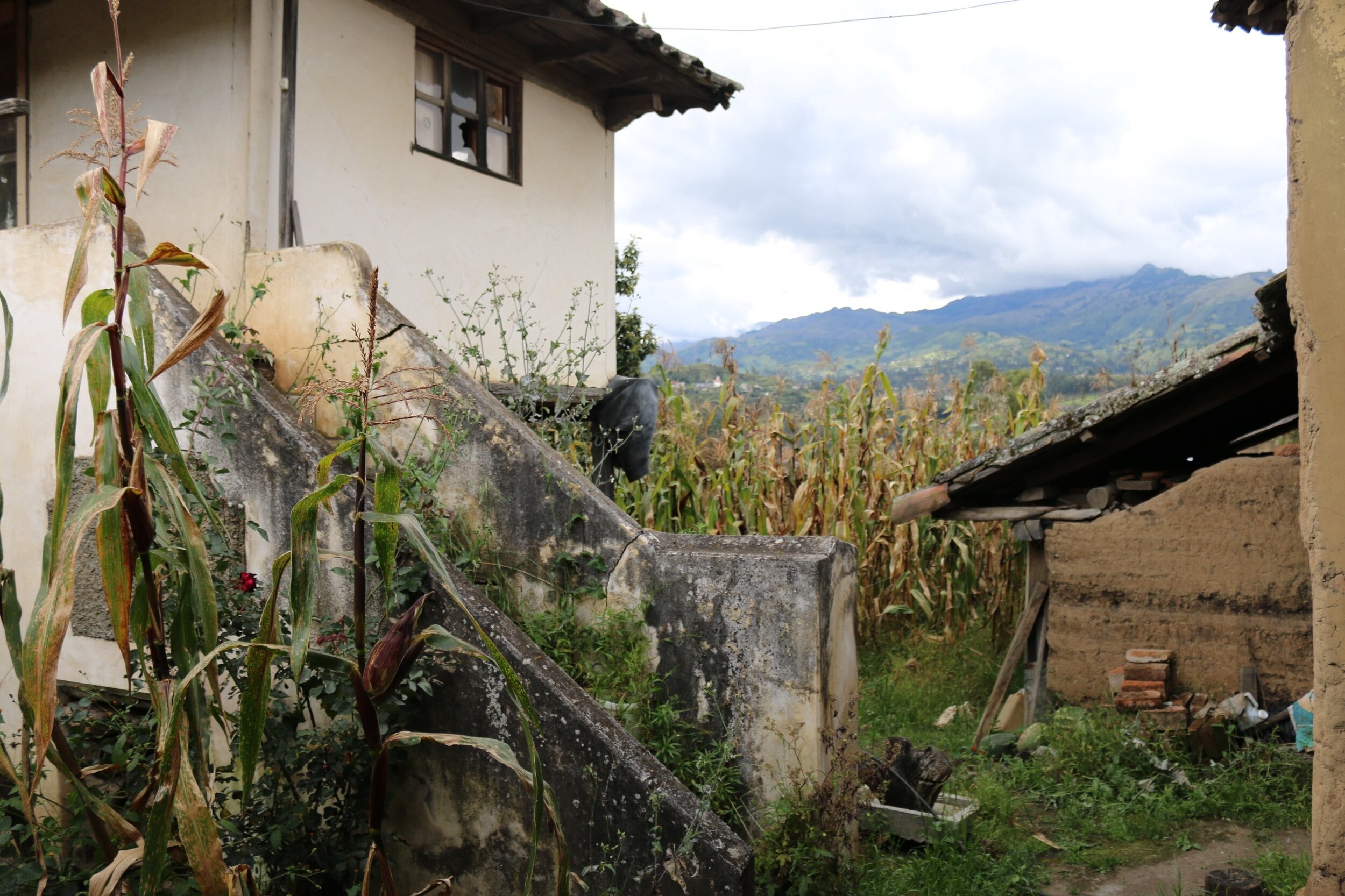What do a 4 am wake-up time, the base of a pyramid, and the origin of a mathematical graph have in common? In Liu Chen’s post on the workshop led by Dr. Alexis Pauline Gumbs, they reflect on priorities in oral history practices, intuition, and the value of darkness.
Read More“Creating a Dark Space”: Listening to and Prioritizing Intuition
A screenshot from the 2001 Harry Potter and the Sorcerer’s Stone movie scene in which Hermione says getting expelled would be worse than getting killed. Harry, a kid with black hair and round glasses, and Ron, a red-head, are looking off-camera as Hermione storms away. Ron’s words are captioned: “She needs to sort out her priorities.” Photo credit: Warner Bros.








